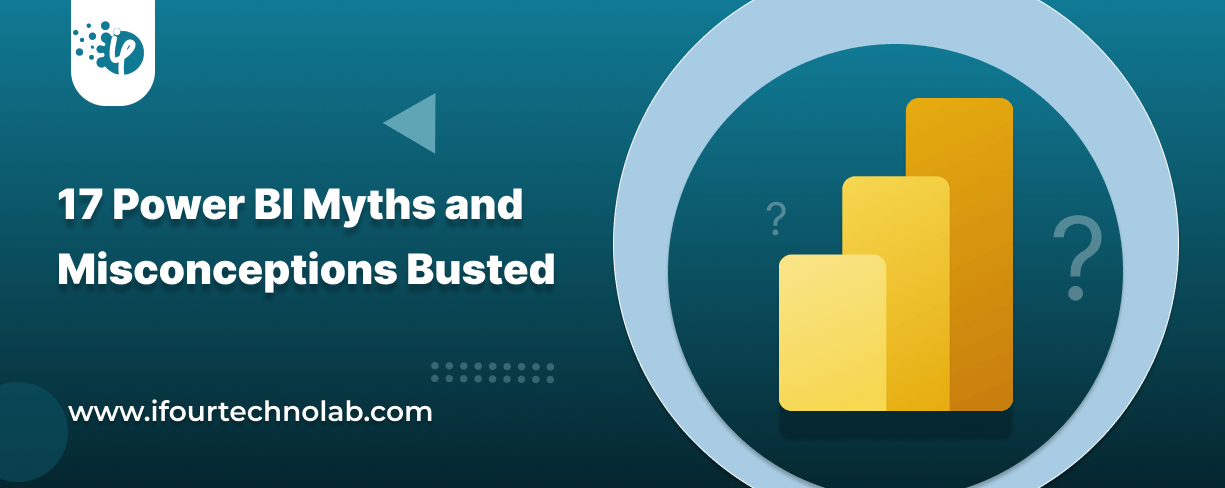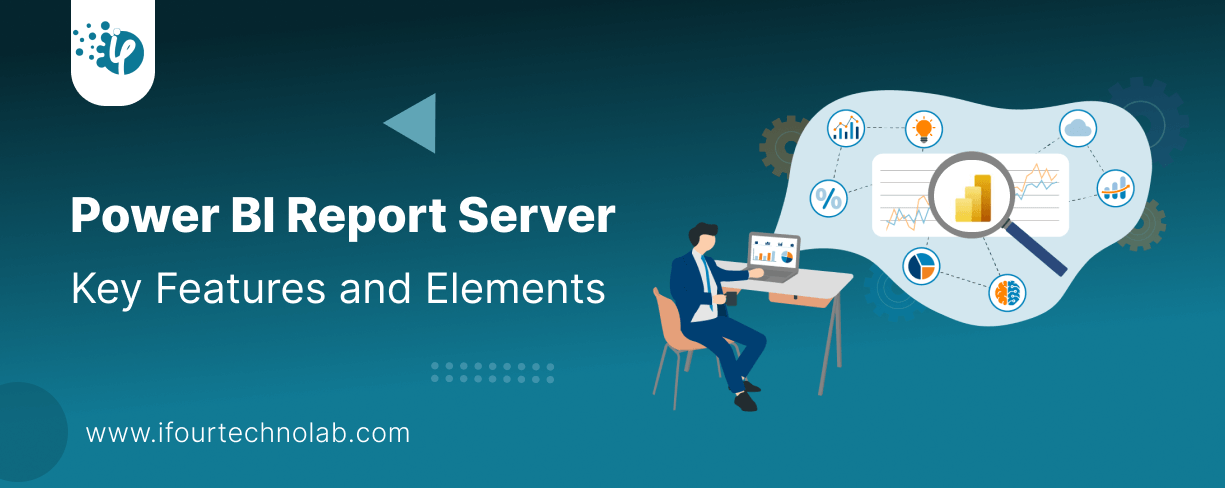How to Do Forecasting in Power BI (Steps & Accuracy Metrics)
Remember our last guide - Power BI forecasting? It revealed things that truly blocks accuracy, both structural and situational. Now it's time to take the next step. Knowing Power...
Listening is fun too.
Straighten your back and cherish with coffee - PLAY !
There was a time when you didn’t rely on the internet for tools while CDs and floppy discs were the only media for software distribution. And then something revolutionary happened – SaaS made its debut, changing the game for global businesses. But what is SaaS? Why has it caught so much attention? Does it simplify businesses? If so, then is it cost-effective or expensive? What’s the future? How is it overtaking the traditional custom software development approach?
All these things we will discuss in this blog. So, let’s start with the basics of SaaS (Software as a Service).
SaaS is an approach to delivering services or applications through the Internet. These services can be accessed anywhere, anytime flawlessly. Some of the best examples are Dropbox, Salesforce, Google Workspace, and others.
So, SaaS, or Software as a Service, is a cloud-based service that is equivalent to renting software rather than purchasing it. Instead of purchasing a CD or downloading a program, you utilize it online.
There are three prominent cloud-based systems that provide these services and are highly desired by worldwide enterprises. These are Microsoft Azure cloud services , Amazon AWS, and Google Cloud.
Just think of it like having your business tools on the web. You do not have to bother about installations, new updates, etc. In fact, it helps you save time and money. What makes it even more interesting is that you can work from anywhere - your home, office, or even a beach with Wi-Fi. It's all about flexibility and convenience.
How does it make your business life better?
Switching to SaaS for your B2B business brings some fantastic benefits like
Remember the first rule, choosing the right tools for your business shouldn’t feel like a maze. Rather, it should be simple.
Following these steps will help you find cloud tools that fit your business like a glove.
SaaS is a trending platform, and it is obvious that it has benefits as well as challenges. Let’s understand tips and challenges associated with SaaS.
Tips
Challenges
Okay, let’s see what’s the difference between cloud software SaaS vs on-premises software.
Cloud Software (SaaS)
Traditional Programs
To put it simply, it depends on your preferences and corporate needs. If you love flexibility and the latest features, SaaS might be your solution. But if you prefer a one-time expense and don't mind being offline sometimes, traditional software could be your go-to.
In recent times, quite a few Indian companies have shifted their focus to offering Software as a Service (SaaS) solutions. Look at the three top Indian companies that stand out for successfully making this transition:
These companies have not only left a mark in the Indian tech landscape but have also made significant contributions to the global SaaS industry. Remember, the world of SaaS is constantly evolving, and it's likely that many more Indian companies have joined this transformation since my last update.
Protecting your data is like shielding your chest. With SaaS (those online tools), you need to make sure your treasure is safe. Here's how to do it without going all techy:
SaaS can save you money, but is it worth the investment? Let's break it down in plain terms:
Your business is unique, so your SaaS tools should be too. Here's how to customize them to your needs:
Customizing SaaS tools for your business is like tailoring a suit. It might take some adjustments, but it'll fit like a glove in the end.
Looking at the emergence of cloud adoption among industries, the future of cloud seems impressive.
1. More Specialization:In the future, cloud software will become even more specialized. Instead of one-size-fits-all solutions, we'll see tools customized particularly to industry needs.
2. AI and Automation: Smart suggestions and process automation are something that Artificial intelligence tends to offer. It will pique business interests, making their tasks easier. It’s like having a supportive assistant for leading a business.
3. Increased Collaboration: B2B collaboration is set to become much more seamless. We're talking about real-time collaboration, regardless of where your team is. Collaboration will be as simple as conversing with pals on social media.
4. Security Evolves: Cybersecurity will remain a hot topic. To keep your data safe, SaaS companies will always update security measures. It's similar to having a castle to guard your digital assets.
5. Sustainability Matters: Greening up their operations is becoming increasingly popular. Expect cloud software vendors to prioritize sustainability. That means you can help the environment while also conducting your business.
The future of cloud software for B2B looks promising, with more tailored solutions, smarter tools, seamless collaboration, enhanced security, and a green touch. Get ready for an exciting digital journey!
Technology and SaaS models are always evolving. They provide ready-made tools and exceptional features that help organizations run more smoothly. When it comes to discovering SaaS benefits for the company, there are various, and they apply to both users and suppliers. This blog has covered the fundamentals of SaaS, the reasons for its popularity, how it simplifies business, and how cost-effective it is. I hope you learned a few interesting facts about SaaS and how it may affect the future of organizations.

Remember our last guide - Power BI forecasting? It revealed things that truly blocks accuracy, both structural and situational. Now it's time to take the next step. Knowing Power...

Did you know that 70% of CTOs (Chief Technology Officers) hesitate to adopt Microsoft Power BI because of its myths and misconceptions that float around. What they fail to see is...

Every CTO knows the struggle of managing complex reports. The inefficiency of scattered data, the constant juggling between reporting tools, the challenge of ensuring accurate KPIs...